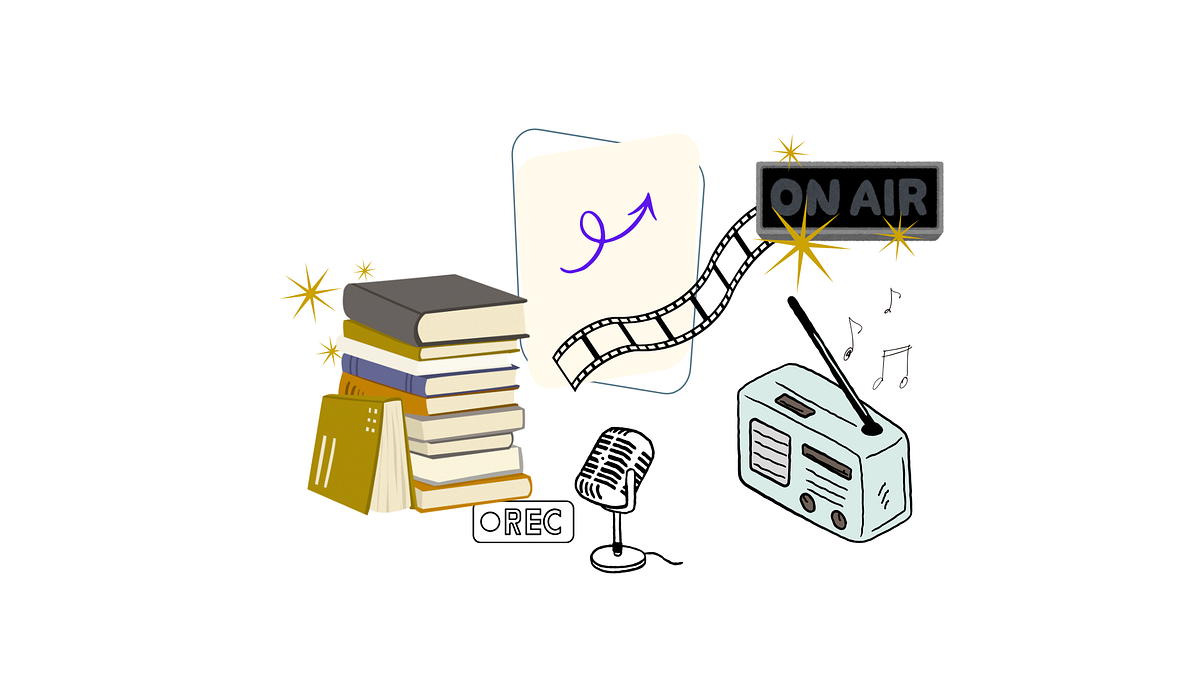Digitally We Haven’t Evolved As Much As We Think We Have | by Jack · Deeditt | Aug, 2025

Back then, you shaped your public life to please the church. You confessed certain sins, showed certain faith, acted in ways you knew would be accepted by your religious community. Your social survival depended on playing the role correctly.
Today, that same human need simply found a new church, we no longer confess to priests; we share our stories for algorithms, we no longer fear being cast out from the church; we fear being ignored online.
Social media became our new religion, complete with its own rules, rituals, and punishments.
This isn’t just about how we use technology. It’s about something deeper: psychologically, we’re still the same humans, justifying our choices and telling people what we think they want to hear.
I see this happening around me constantly, people choosing restaurants based on how they’ll photograph, planning trips around Instagram moments, making life decisions partly influenced by how they’ll look in posts.
My wife does this sometimes — I’ve watched her select experiences with their shareability in mind. But I don’t, I pick randomly, avoid recommendations, stay off most social platforms, yet I’m surrounded by people who’ve unconsciously flipped the script.
For many people, life got turned upside down: instead of living experiences and then maybe sharing them, they now live experiences designed to be shared. They stopped living for themselves and started living for the story.
This isn’t just vanity. It’s a basic change in how people experience life. When your brain is always thinking about how each moment might look online, you’ve traded your real experience for the hope of online approval.
Professional networks became stages where everyone acts successful. Short-form platforms turned into classrooms where anyone can play teacher. Publishing sites became places where every opinion pretends to be expert knowledge.
Anyone can claim authority now, but that doesn’t mean they actually know what they’re talking about.
The result is a world where people without real experience learn from people who also lack real experience, but who are really good at sounding like experts. The algorithms boost this content because it gets clicks, not because it’s true or helpful.
Here’s something that should bother us: it’s easier to find 100 “how to make a million dollars” guides than one honest story about why most businesses fail. The first one sells hope; the second one requires being honest about failure.
Social media algorithms have done something that took religions centuries to perfect: they’ve created personal worlds where each person thinks their version of reality is the right one.
After scrolling for a few minutes, you can see a clear pattern: you start seeing more of what you were already looking for. Not what you need to see, but what the algorithm thinks will keep you scrolling, it’s like living in a room of mirrors where every reflection tells you that you’re right.
This isn’t just about what content you see, it’s the slow destruction of our ability to handle disagreement and the discomfort that helps us actually grow.
Social media has trained us to expect instant everything. Instant likes, constant validation, feel-good hits whenever we want them, but real growth, actual wisdom, deep relationships need exactly the opposite: patience, thinking, and being okay with discomfort.
We’re raising people with the emotional patience of children, but expecting them to make adult decisions. We want discipline without doing the work, authenticity without being vulnerable, expertise without years of learning from mistakes.
But something interesting is happening quietly. looking at search data from Deeditt focused on authentic sharing reveals what people are actually hungry for:
- “Self honesty”
- “Discipline and consistency”
- “Authentic presence”
- “Meaningful connections”
- “When you’re invisible”
These searches come from people in pain, looking for solutions to problems they can’t even fully name. They’re looking for medicine for a sickness we don’t officially admit exists yet.
What makes this data particularly telling is that these people are actively seeking alternatives to mainstream social media. They’re not just complaining about the problem — they’re searching for tools that might offer something different.
But here’s the scary part: just as people are waking up to the need for authenticity, we’re about to be flooded with AI-generated content that will make truth even harder to find. GPTs and similar tools will soon flood the internet with lies that are increasingly difficult to verify. The very moment we need real human experiences most, we’re building systems that will bury them under an avalanche of manufactured content.
In our rush to connect digitally, we gave up important human abilities:
Deep focus: Being able to think about one thing for a long time.
Processing emotions: Having time and space to understand complex feelings without immediately turning them into posts.
Being okay with not knowing: Living with questions that don’t have quick answers.
Thinking for yourself: Forming opinions without needing constant approval from your online community.
Just being present: Experiencing moments completely without needing to document them.
If we can see these problems, why is it so hard to change them? The answer might be harder to accept than we want: maybe because we don’t really want to change.
Performing online is easier than being real, getting validation from others is faster than growing internally, living in bubbles is more comfortable than dealing with complex reality.
We built a system that gives us exactly what our basic instincts want, dressed up as progress and connection.
In the end, we have a basic choice: we can keep performing online, showing optimized versions of ourselves to algorithmic audiences, or we can do the harder work of being authentic in a world that punishes it.
There’s no easy answer, and anyone promising one is probably trying to sell you something.
But maybe the first step is just admitting that we’re not as evolved as we think. That underneath all our technology and progress, we’re still the same humans who shaped their lives to please religious authorities 400 years ago.
We just traded priests for algorithms, and confession booths for screens.
The question isn’t whether technology is changing us, it’s whether we like the direction it’s taking us.
And more importantly: are we brave enough to choose a different path?


